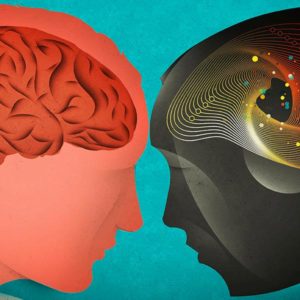World War II in Public Memory: The Good War Thesis Revisited
To this day, World War II looms large in our public memory. Be it in movies and TV shows, bestsellers, exhibits, or in politics, references to the attack on Pearl Harbor, the home front, D-Day, Iwo Jima, the Blitz, Hiroshima, and other sites and events of the War abound. Embedded in these shared ideas about … Continued






